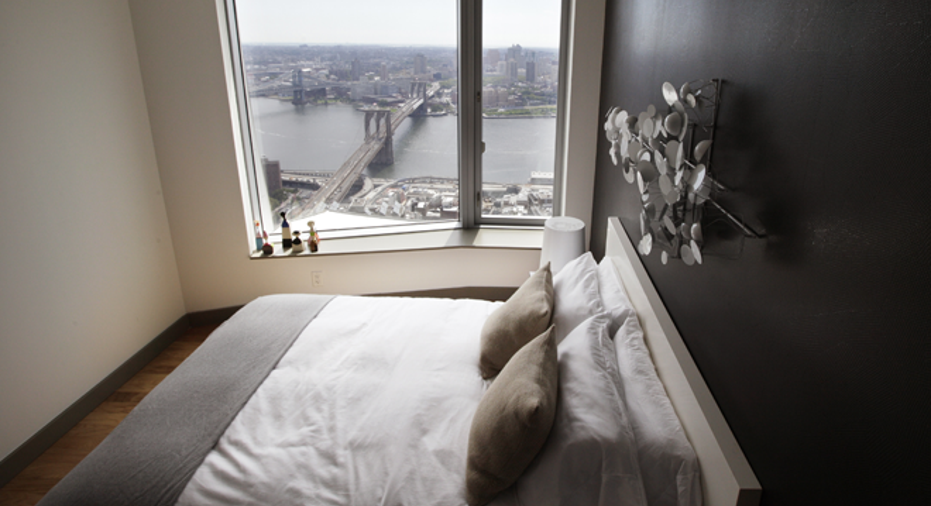4 Risks of Investing in a Rental Property

Investing in real estate can potentially yield some major returns. But at the same time, you’re taking a chance in assuming that renting out a property will pay off. Being a landlord isn’t always a walk in the park and the headaches that go along with it aren’t for the faint of heart. Before taking the leap, it’s helpful to consider the downsides you might encounter when investing in a rental property.
Check out our investment calculator.
1. You Might Get Stuck With Bad Tenants Choosing the right property is crucial in determining how successful your tenure as a landlord will be but that’s not the only factor you need to be concerned with. You’ll also have to find reliable tenants who are going to pay the rent on time and keep the property in good shape.
If you end up with tenants who consistently pay late or cause damage to the home, getting rid of them might not be a simple process. You’ll have to initiate eviction proceedings, which can take months to resolve. In the meantime, the tenant might withhold rent or cause further damage. You could end up losing more money on the property and you might have to spend even more if you choose to take legal action against your tenant.
2. You Might Not Be Able to Find Tenants
Perhaps the only thing worse than having bad tenants is not having any tenants at all. When you can’t find someone to rent your property to, you’re stuck paying the mortgage, insurance and property taxes until a suitable tenant comes along. Having cash reserves set aside to cover vacancy gaps can take some of the pressure off. But the longer you go without a tenant the more money you stand to lose. The same is true if you end up having to drop the rental rate to get someone into the property.
Try out our property tax calculator.
3. Your Expenses Might Eat Into Your Returns The biggest expense by far of owning a rental property is the mortgage. But that’s not the only cost you’ll need to plan for. When setting the rental rate, you’ll also have to factor in things like insurance, property taxes and maintenance. All of these costs determine how much money you’ll actually make off a rental property in the long run.
Property taxes, for instance, can be higher when you own a home that you don’t live in. If you underestimate the cost when setting the rent, you may see a shortfall in your projected returns. Having to replace a major appliance or tackle a big project like a roof repair can also chip away at your profits.
4. Property Values Could Tank
he rental market has been on a steady upswing over the last few years, with rental prices in major cities hitting all-time highs as demand outpaces supply. While that’s good news for landlords there’s no guarantee that the trend will continue. If property values in the area where you own a rental start to go down, that could affect the local rental market. To stay competitive, you might have to lower your rental rate, which would in turn diminish your returns.
The Bottom Line Owning a rental property is a bit like walking a tightrope and there’s no way to predict how things will pan out. If you misjudge the market or choose the wrong tenants, that can have serious implications for your bottom line. Knowing what the risks are can make it easier to anticipate problems if you’re considering becoming a landlord.
This article originally appeared on SmartAsset.com.
More from SmartAsset.com:5 Tax Benefits of Becoming a Landlord What is Negative Amortization? 5 Reasons Why Your First Home Should Be an Investment Property



















